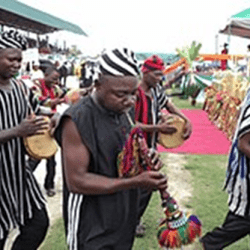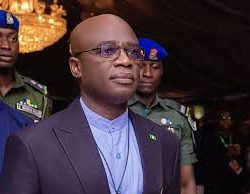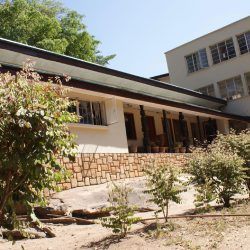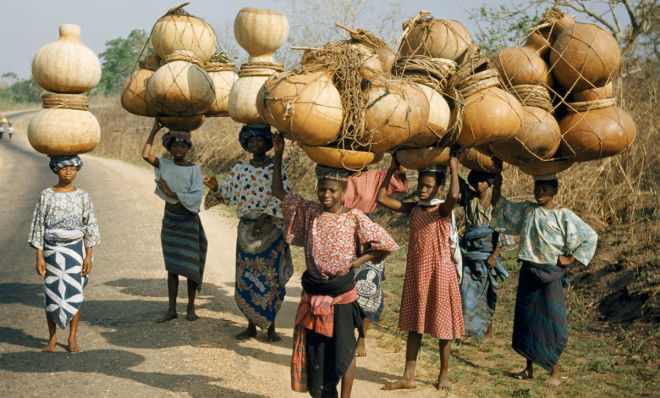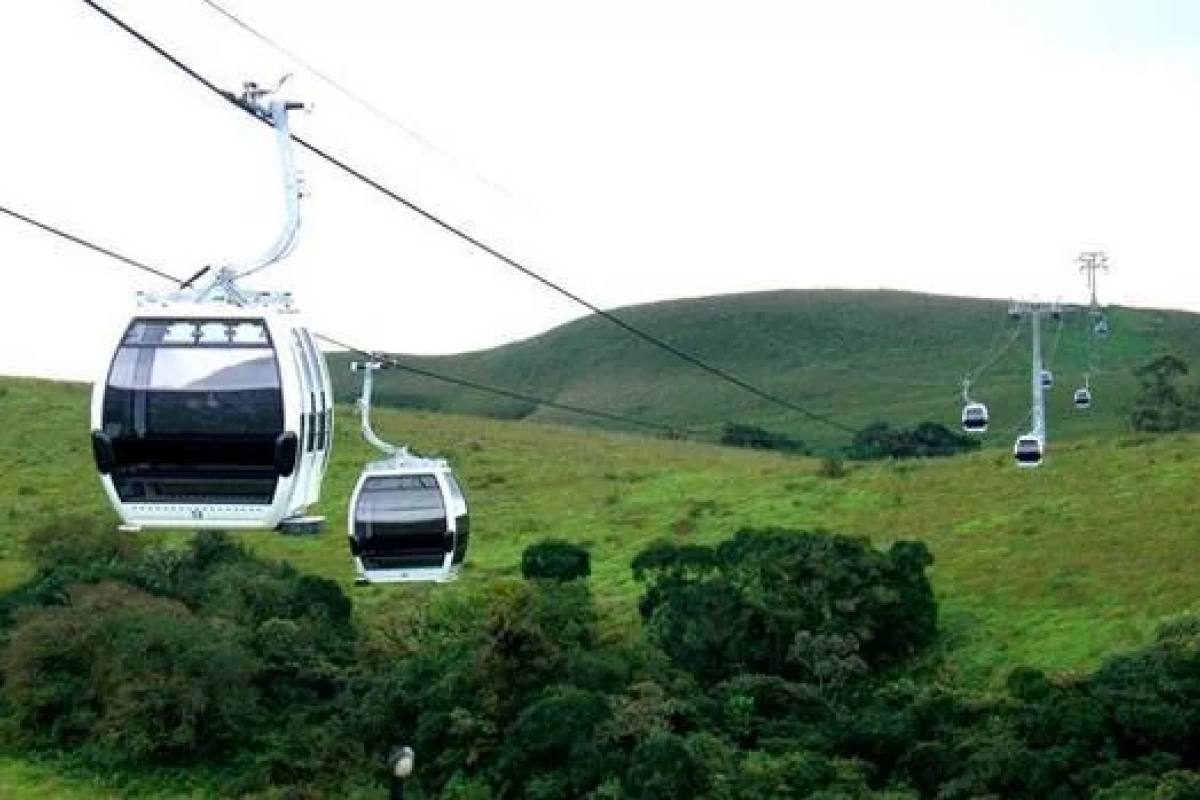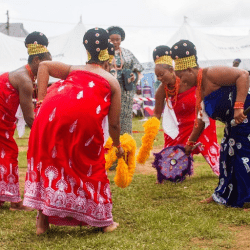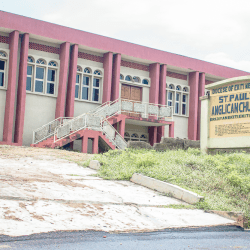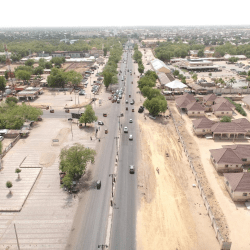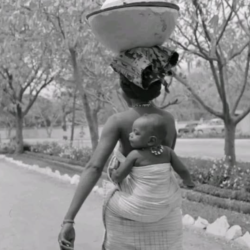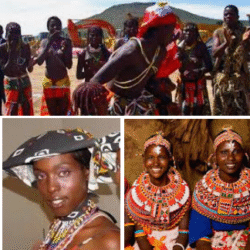Benue State possesses a rich and diverse cultural heritage which finds expression in colourful cloths, exotic masquerades, supplicated music and dances.

Traditional dances from Benue State have won acclaim at national and international cultural festivals. These dances include Ingyough, Ange, Anchanakupa and Swange among the Tiv, and Anuwowowo and Odabaru among the Idoma. The Tiv kwagh-hir theatre provides memorable entertainment in its dramatization of Tiv folklore and social commentary.
The socio-religious festivals of the state are equally famous. The Alekwu ancestral festival of the Idoma for instance, is an occasion when, it is popularly believed the ancestors emerge from the spirit world to reestablish contact with the living in forms of masquerades.
Marriage, funerals and other rites of passage provide occasion for rich displays of the people’s cultural heritage.
Fishing festivals and communal hunting expeditions are colourful and memorable social events among various communities. The Igede Agba (a new yam festival) and the Ujo festival are the most important social occasions among the Igede and Igumale/Agila people respectively.
Kwagh-Hir
The first organized state-wide kwagh-hir competition festival dates back as far as December 1981 and was initiated by the then Chairman of the Benue State Council for Arts and Culture, Dr. Iyorwuese Hagher, a university professor.
Among the Tiv speaking people of Benue State of Nigeria the word “kwagh-hir” literally means the folktale or simply something magical. It is a unique form of theatre in the generic concept of folktales told in traditional societies all over the world. Folktales are told in virtually all societies all over the world with trickster characters like the rabbit, or the tortoise or the cat dominating their plots and playing unassailable roles. The objectives of these folktales and stories are not only to entertain young children at bedtime but to also teach some morals on contemporary issues. The kwagh-hir theatre is therefore an enactment of the Tiv folktales. Since the Tiv people are good hunters, their stories and imaginations are full of bush animals (Nyam). Some of the episodes of the kwagh-hir feature highly imaginative forms of wild beasts that dance to the melodious tunes of the humans. Tiv folktales are not only told about animals, but spirits (Azov) and puppets (Eev) as well.
Spirits in the world-view of African societies are a reality. Africans believe in the existence of the spiritual world of various people made by the Almighty God, lesser gods, good spirits, evil spirits and ancestors. In fact, human beings who live virtuous lives and die at a ripe old age transform into the state of ancestors who must be appeased anytime a social occasion is to start. In the imagination of the Tiv kwagh-hir theatre, spirits manifest in many fantastic forms performing various activities as are carried among human beings.
What perhaps distinguishes the kwagh-hir theatre from any other theatre in the world is its composite nature bringing together the role of carvers, drummers, singers, masquerades dancers, manipulators and actors. It features a rich repertoire of marionettes performing various human activities with a view to making comment or teaching morals in the Tiv society.
In essence, the kwagh-hir theatre is a unique fusion of the human world, the spiritual world, the animal world and the world of fantasy. All these characters share common music and instrumentation, common beliefs, common world view and common virtues. Although the kwagh-hir performance may not have a single plot as in formal drama, each enactment has its own characters, action and message existing independently.
